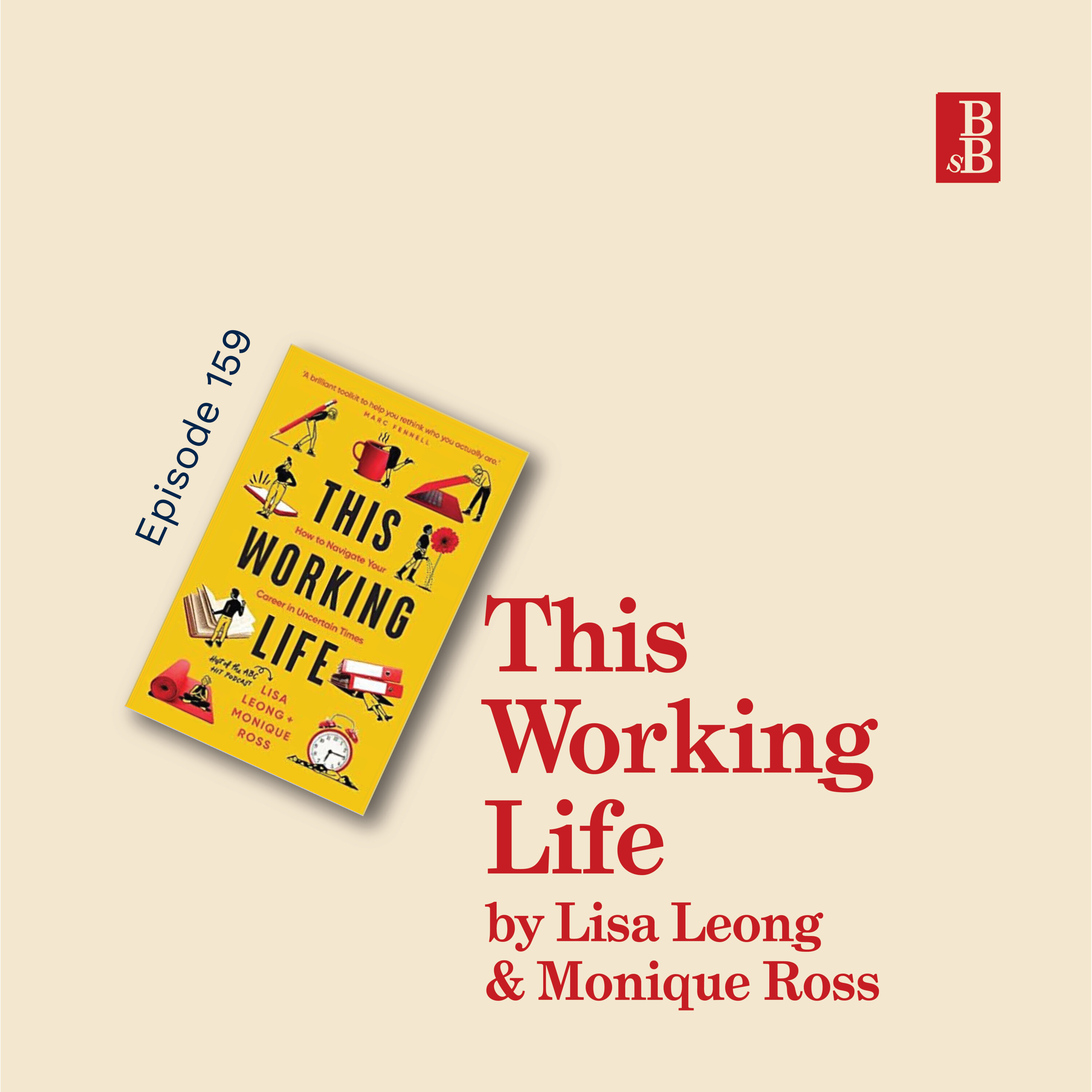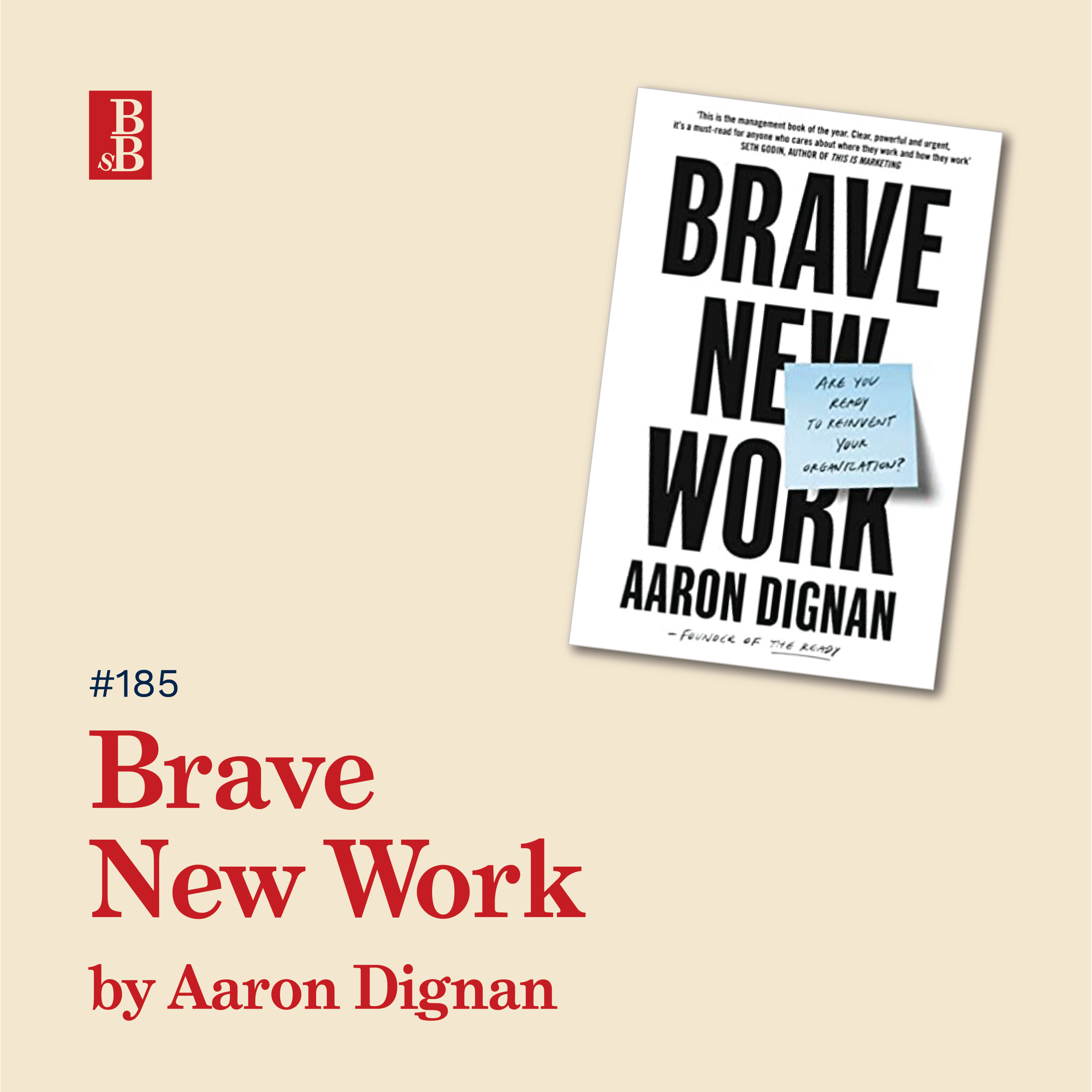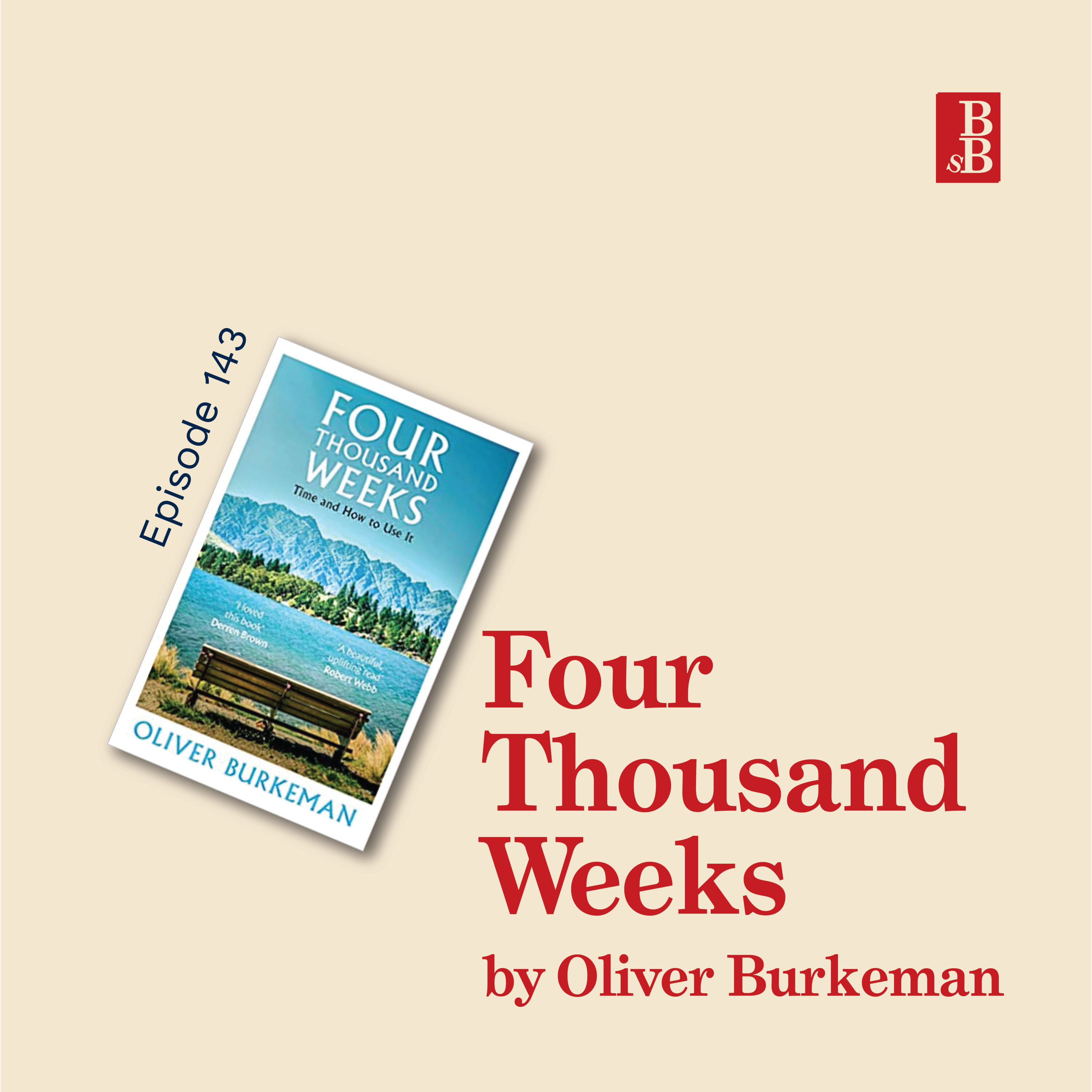Talking to Strangers by Malcolm Gladwell: how to make sense of people you don’t know
Sign up to the bookmark newsletter:
https://mailchi.mp/1119b1358a84/thebookmark
About the author
Malcolm Gladwell is the author of five New York Times bestsellers–The Tipping Point, Blink, Outliers, What the Dog Saw, and David and Goliath.
He is also the co-founder of Pushkin Industries, an audio content company that produces the podcasts Revisionist History, which reconsiders things both overlooked and misunderstood, and Broken Record, where he, Rick Rubin, and Bruce Headlam interview musicians across a wide range of genres. Gladwell has been included in the TIME 100 Most Influential People
list and touted as one of Foreign Policy‘s Top Global Thinkers.
Source: https://www.gladwellbooks.com/landing-page/about-malcolm-gladwell/
Click here to buy on The Book Depository
https://www.bookdepository.com/Talking-to-Strangers/9780241351574/?a_aid=stephsbookshelf
About the book
Something is very wrong, Gladwell argues, with the tools and strategies we use to make sense of people we don’t know. And because we don’t know how to talk to strangers, we are inviting conflict and misunderstanding in ways that have a profound effect on our lives and our world.
In July 2015, a young black woman named Sandra Bland was pulled over for a minor traffic violation in rural Texas. Minutes later she was arrested and jailed. Three days later, she committed suicide in her cell. What went wrong? Talking to Strangers is all about what happens when we encounter people we don’t know, why it often goes awry, and what it says
about us.
How do we make sense of the unfamiliar? Why are we so bad at judging someone, reading a face, or detecting a lie? Why do we so often fail to ‘get’ other people? No one shows us who we are like Malcolm Gladwell. Here he sets out to understand why we act the way we do, and how we all might know a little more about those we don’t.
Source: Amazon.com
Other Malcolm Gladwell Book Episodes and other Links
- Outliers
- Blink
- https://www.gladwellbooks.com/titles/malcolm-gladwell/blink/9780316172325/
- Check out Malcolm’s Revisionist History podcast – http://revisionisthistory.com/
If you liked this episode, you might also enjoy the summary of Outliers, also by Malcolm Gladwell
BIG IDEA 1 (5:01) – It’s a mess.
We can’t read others. We don’t have the right expectation or skills to do so. Even the people we expect (and hope) to be good at reading others aren’t good at all. People like police officers and those who have worked in police interrogations for many years and supposedly good at reading other people, turn out they can’t.
A study showed that Judges at bail hearings who see the accused person to decide if they can be trusted with bail or not, made very poor decisions about who should be sent back to jail or who should be released.
Interestingly AI and algorithms run over the same particular sample of accused were much more accurate at predictions who would reoffend when out on bail. So if the computer had run the algorithm over those people, there would have been fewer re-offenses for those who were out on bail than those decisions made by the judges.
We can’t read other people, we don’t know what they’re thinking, we don’t know what they’re going to do, and yet we make decisions based on this very bad information and assumptions.
The book did not mention anything about what to do about this mess, likely because we can’t do anything about it, because we’re humans.
BIG IDEA 2 (7:59) – The default to truth.
As humans we default to truth. Global markets, financial systems, political systems and everything else that humans rely on the modern age, and even in the pre-modern age, rely on this bias. We would not have gotten this far if we did not default to truth and give people the benefit of the doubt.
Even the people who met Hitler in the 1930s before World War II, trusted him. He was charming and made them believe that he has no bad intentions… later on this clearly didn’t turn out well. Those politicians believed him, even though they were used to dealing with shifty political characters!
It’s not only hard not to default to truth but it’s also hard to challenge it because we end questioning everything and everyone.
BIG IDEA 3 (10:21) – Humans are not see-through.
Transparency was a big part of the book. The idea talks about how if someone does not meet our expectations, particularly how they behave in a certain situation, results in bad decisions.
The Amanda Knox case and trial is an example of this. She was an odd character and didn’t act the way people expected (or wanted) a grieving friend to act in the wake of Meredith’s death. As a result she was found guilty for something she didn’t do, largely because people thought she was a bit weird. Later on it was found out that it was not true and a significant miscarriage of justice.
This also happens when people did something really terrible but because they acted very well, in a way we would expect someone innocent to act, they are then seen to be innocent. Transparency works but only when people are act like in a sitcom… which they don’t. Which brings us back to idea number one, it’s a mess because we are humans and we can’t read other people but we make decisions based on this data.
Music By: Howling at the Moon – Instrumental Version Song by Tomer Katz ft. VIGZ
Click here to buy on The Book Depository
Let's Connect
Email: steph@stephclarke.com
LinkedIn: www.linkedin.com/in/steph-clarke
IG: @stephsbizbookshelf
Enjoying the show?
Please hit subscribe so you don’t miss an episode and leave a review on iTunes to help others find us.
See omnystudio.com/listener for privacy information.
Hey, have you subscribed to the bookmark newsletter? If you liked this, you might like my twice-monthly email with book reviews and ideas of what you should be reading, and listening to, next. Click here to subscribe.

















